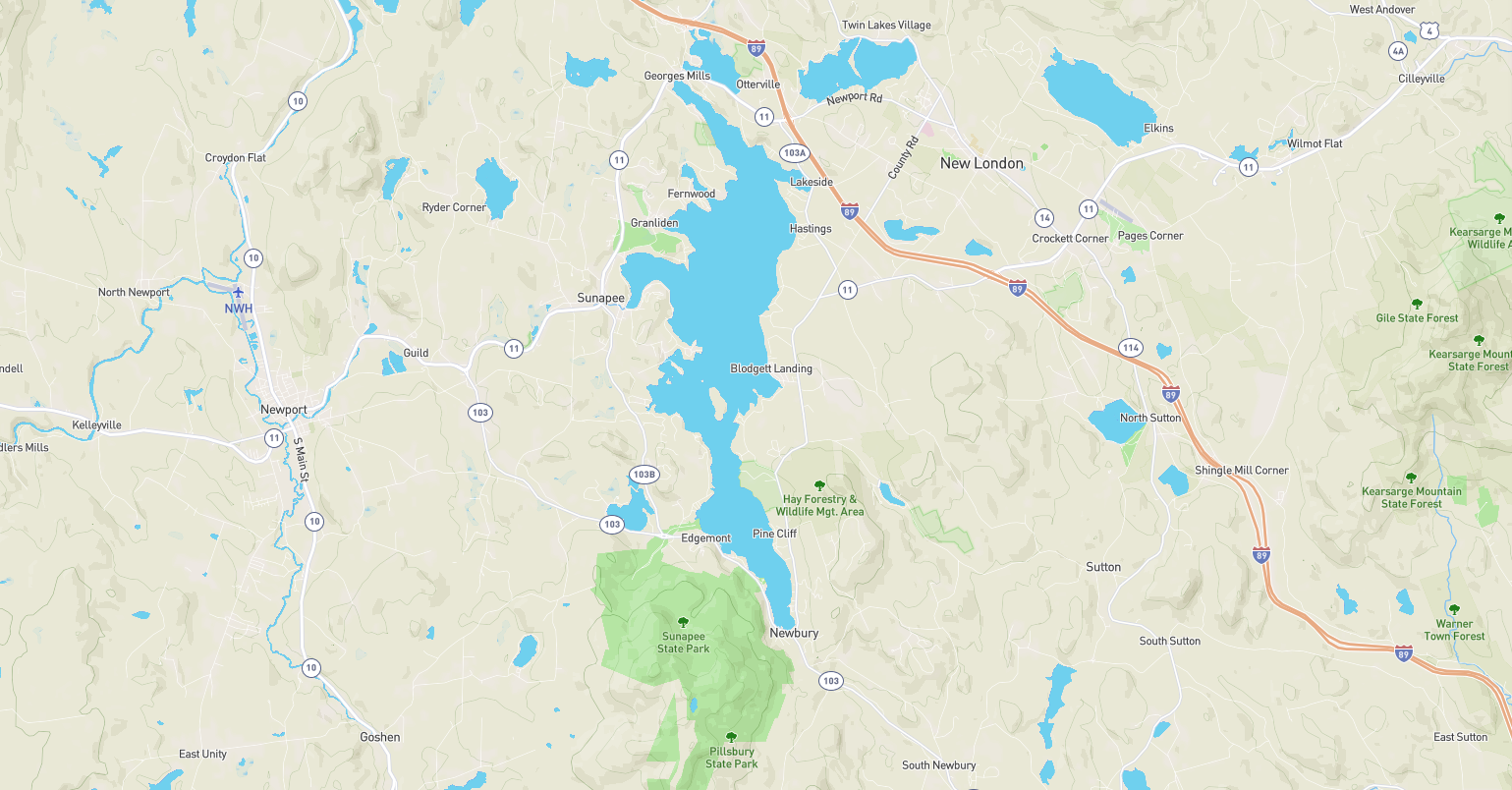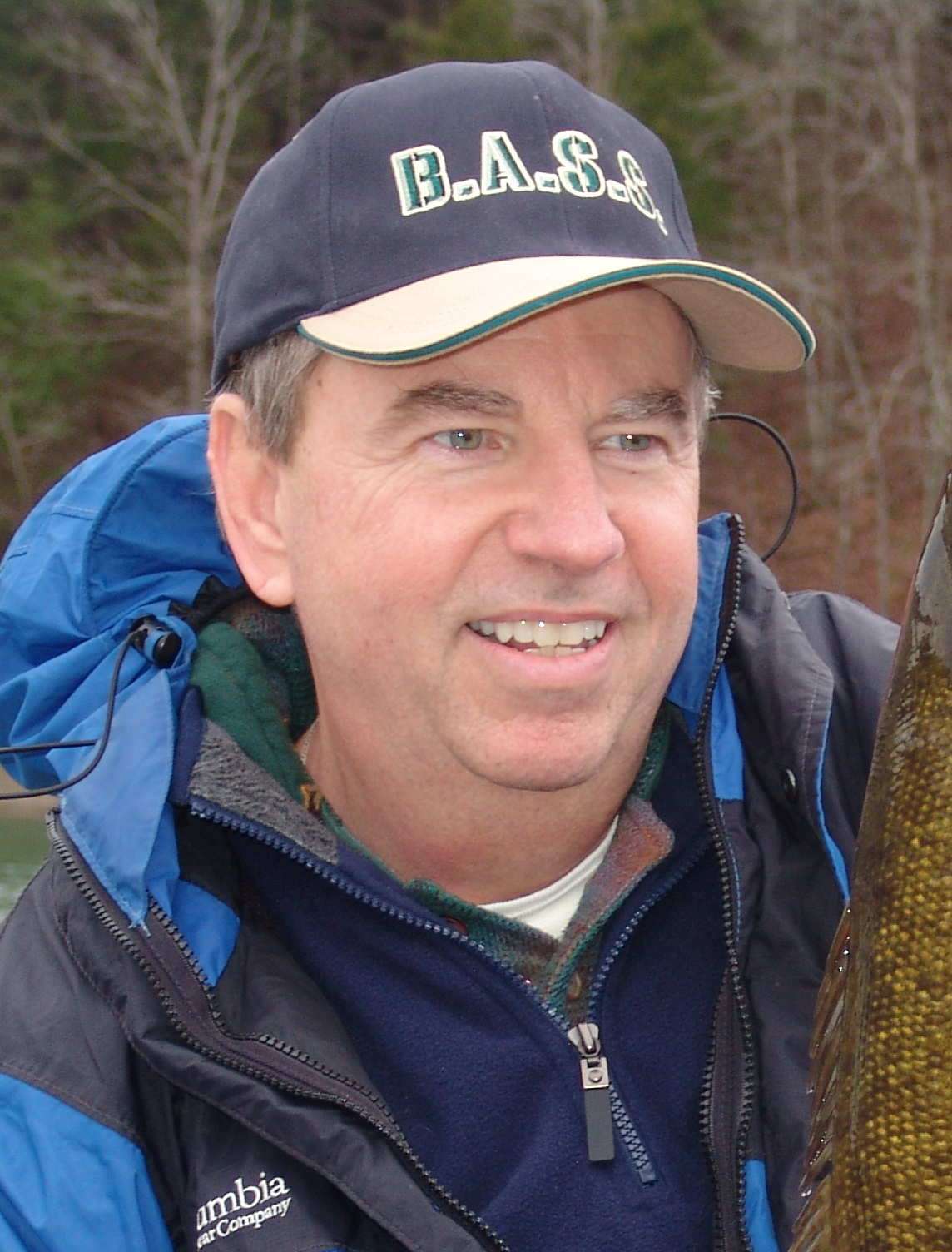
NEWBURY, N.H. – This past summer, New Hampshire Gov. Chris Sununu killed plans to build the only state-owned public access area on Lake Sunapee, the state’s sixth largest water body. But anger and opposition to that move continues, with lawsuits filed by sportsmen groups.
“The governor, frankly, is trying to screw us,” said Dick Smith, conservation director for one of those groups, the New Hampshire Bass Federation.
“Somehow, someway, the property owners around Lake Sunapee have been able to dig in around the governor,” he added. “I don’t want to give up on Wild Goose or sell it. It has been studied over 20 years, thoroughly vetted and should be built as intended.”
Meanwhile, a letter signed by New Hampshire Fish & Game Commission Chairman Theodore Tichy and unanimously approved by the commission said, “We feel the delay is due to a few wealthy individuals who have ownership on the shores of Sunapee and want to keep our sixth largest lake as their own private domain.
“Countless hours and over $400,000 of the public’s money has been spent on studies, engineering and permitting to date. To throw this away because of selfish feelings of a few individuals should be a crime.”
Commissioner Tom Hubert added, “I don’t think there is anyone more disappointed in the governor’s actions.
“He is preventing us from doing our jobs and has thwarted due process in this case beyond belief,” said Hubert. “This is wealthy landowners, and he has confirmed that it is their lake.”
In 1990, a 3.3-acre parcel known as Wild Goose was given to the New Hampshire Fish and Game Department (FGD) with the understanding that it would be developed into a public boat access. The Land Conservation Investment Program donated the site after purchasing 133 acres on Lake Sunapee in a foreclosure auction. The rest of the acreage was added to Sunapee State Park.
In explaining its role, FGD said, “New Hampshire’s waters are owned by the public. The New Hampshire Fish and Game Department’s legal authority and responsibility is to provide access for all people to all ‘great ponds’ (lakes and ponds 10 acres or larger in area).
Providing access at Wild Goose, it added, would “fulfill our responsibility to be inclusive of everyone, and to not discriminate against those who are not otherwise able to access Lake Sunapee, the sixth largest lake in the state.”
But local opposition to the public access site and legal maneuverings have delayed construction for more than 25 years, with the New Hampshire Supreme Court twice ruling against those who wanted to block the plan.
Local critics cited environmental impact and dangerous entry to the area from Route 103 because of traffic as reasons for their opposition.
“The site was small, the project was really big, the site sloped and environmentally would have done a lot of damage,” said June Fichter of the Lake Sunapee Protective Association.
Then in July Sununu abruptly pulled renewal of the wetlands permit extension from the Governor and Council agenda for Aug. 2, meaning the permit expired at the end of that month.
”This project has been debated for the last 20 years, and it is time to put an end to this flawed plan,” he said. “Public access to our state’s waterways is important and essential, and we will work with the residents of the area to find a better solution to ensure greater public access.”
In the face of blowback by anglers and many others, the governor announced in September that he was establishing a commission to study the issue.
“Trying to salvage a flawed and controversial idea that has not gone anywhere in over 20 years and that was left without funding by the legislature is not a viable plan to increase public access on Lake Sunapee,” Sununu said in a statement. “My priority remains bringing forward a real proposal that will actually allow Granite Staters greater access to our Lake Sunapee.”
The 15-member commission, with at least six members from communities on the lake, will prepare a report with recommendations by March 1.
Not surprisingly, those who oppose the Wild Goose public access were pleased.
“Maybe a very fresh perspective on looking at this would be beneficial,” said state Rep. Dan Wolf of Newbury. “I’m very optimistic that the commission can find an alternative to meet the needs of all parties.”
FGD Executive Director Glenn Normandeau countered, “We bent over backwards to try and take into account all of the criticism people had of the site.
“But at the end of the day, we are where we are,” he said.
That includes Sununu replacing Tichy as chairman of the commission, following its criticism of the governor’s actions. In a statement announcing his decision, Sununu did not directly address the controversy.





